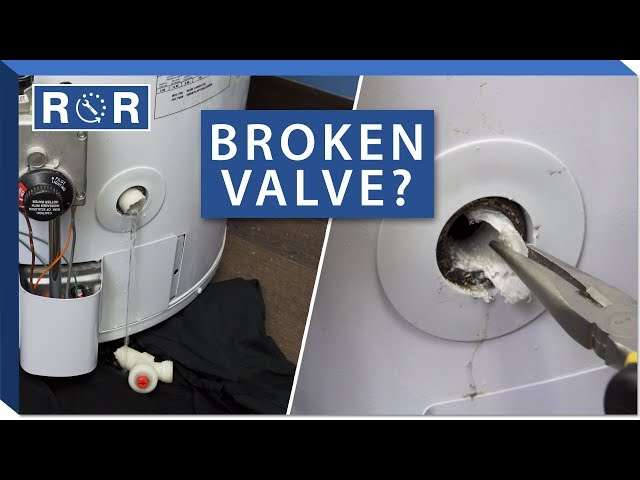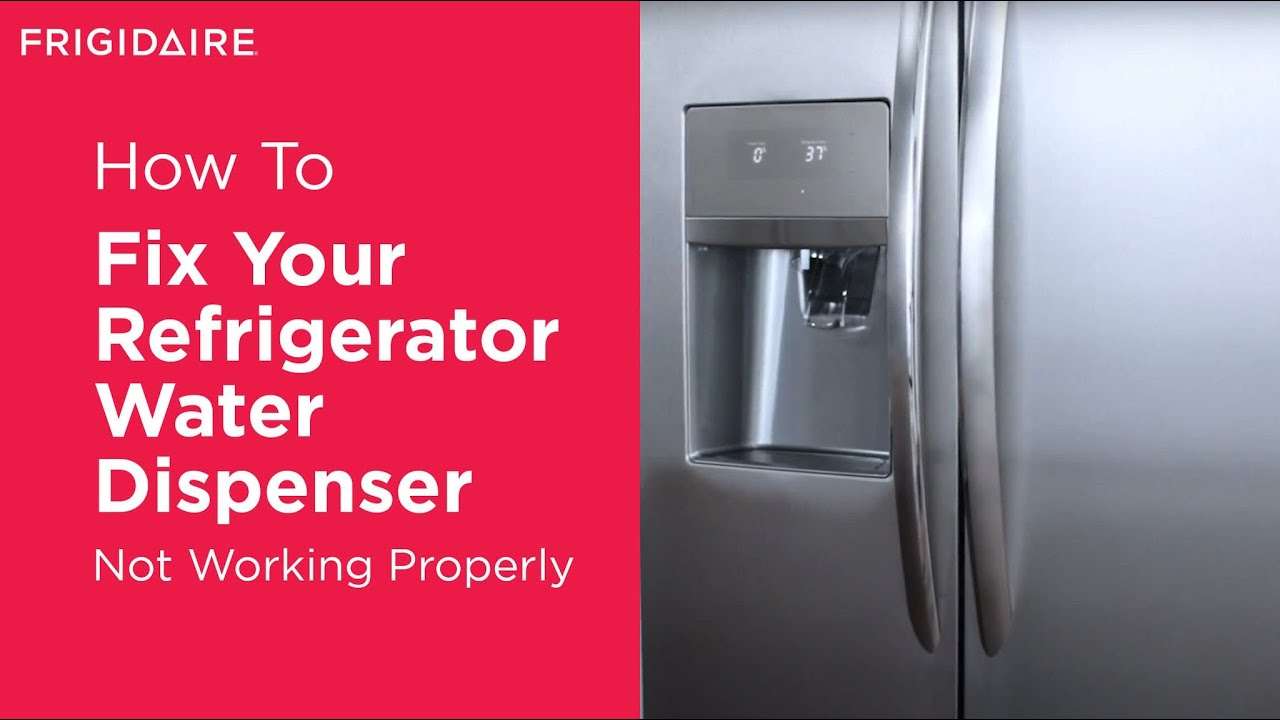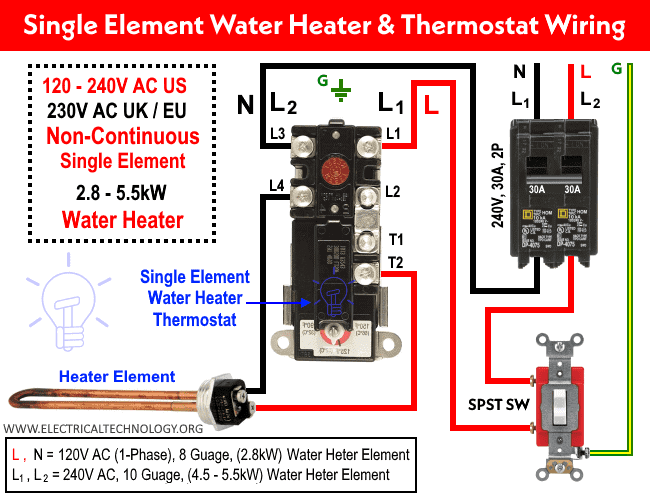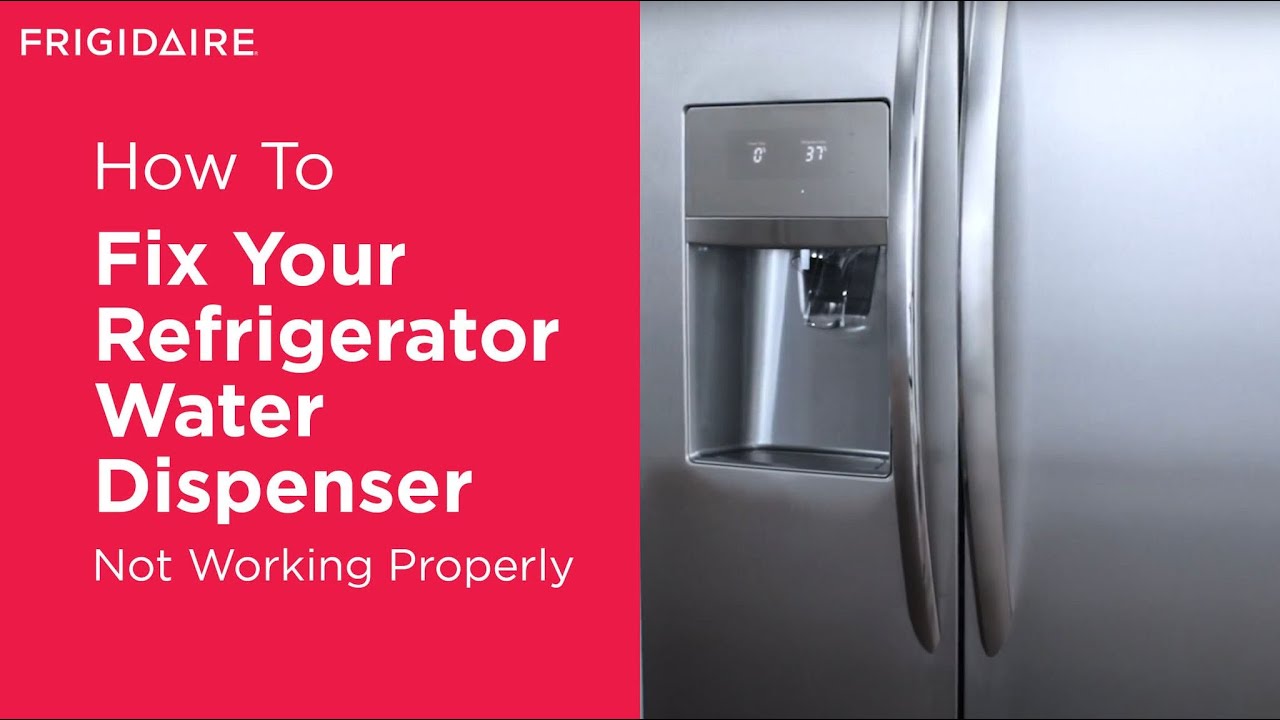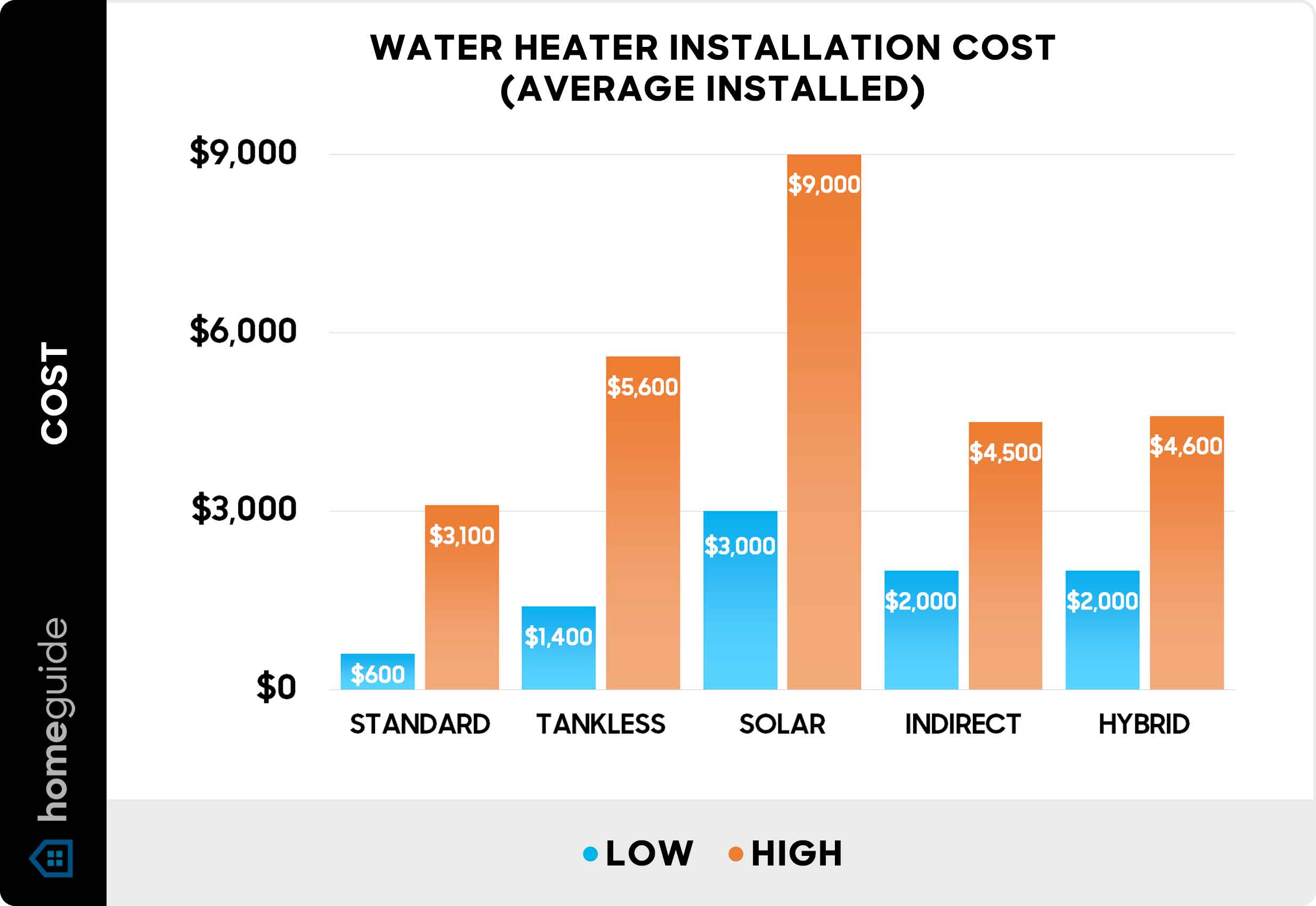The question of whether to save energy by turning off electric water heater when not in use is a common one, sparking debate among homeowners and energy efficiency enthusiasts alike. While the idea of cutting off power to a major appliance seems intuitively like a smart move, the reality is more nuanced and depends on several factors, including usage patterns, insulation, and the age of the water heater itself. Diving into the energy dynamics of heating water can unveil surprising insights, revealing when this strategy is genuinely beneficial and when it might actually backfire, potentially costing you more in the long run. Let’s explore the pros and cons of turning off electric water heater when not in use to help you make an informed decision.
The Potential Benefits: Energy Savings and Reduced Costs
The primary argument for switching off your electric water heater is the potential for energy savings. If you’re going on vacation for a week, or if you only use hot water sparingly, it seems logical to prevent the heater from continuously cycling on and off to maintain the water temperature. Here are some scenarios where turning off your water heater might be advantageous:
- Prolonged Absences: If you’re going to be away from home for several days or weeks, switching off the water heater can definitely reduce standby heat loss.
- Infrequent Hot Water Use: In a vacation home or a sparsely used property, keeping the water heater constantly heated is wasteful.
- Modern, Well-Insulated Heaters: Newer models with superior insulation lose less heat, making the “reheat” cycle after being turned on less energy-intensive.
The Potential Drawbacks: Reheating Energy and Component Wear
However, there are also potential downsides to consider. The biggest concern is the energy required to reheat the water tank after it has cooled down completely. Here’s a breakdown of the potential drawbacks:
- Reheating Costs: A cold tank requires a significant amount of energy to bring the water back up to the desired temperature. This “reheating penalty” can sometimes outweigh the energy saved by turning it off.
- Component Wear: Repeatedly heating and cooling the water tank can stress the heating elements and other components, potentially shortening the lifespan of the water heater.
- Legionella Risk: If the water cools to a temperature that allows Legionella bacteria to grow, there’s a slight health risk, although this is more of a concern for large, commercial water systems.
The Insulation Factor
The quality of your water heater’s insulation plays a crucial role. A well-insulated tank will lose heat more slowly, making it less necessary to turn it off for short periods. If your water heater is old and poorly insulated, it will likely lose heat more quickly, potentially making the energy savings from turning it off less significant.
Making the Right Decision
Ultimately, the best approach depends on your specific circumstances. Consider the following factors:
- Water Heater Age and Insulation: Newer, well-insulated models are less prone to heat loss.
- Usage Patterns: How frequently and how much hot water do you use?
- Length of Absence: Are you going away for a weekend, a week, or a month?
For short absences (a day or two), it’s generally not worth turning off the water heater. For longer trips (a week or more), switching it off can save energy. The key is to weigh the potential energy savings against the energy required to reheat the tank and the potential for increased component wear. Consider also lowering the thermostat setting to a minimum instead of switching it off completely.

